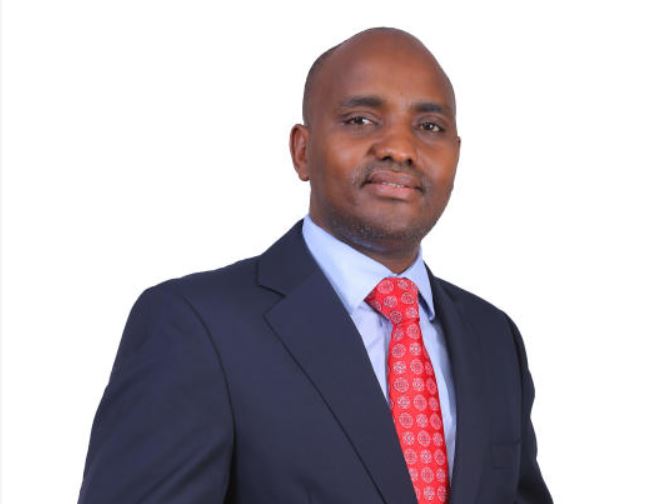×
The Standard e-Paper
Home To Bold Columnists

Are you about to pop the champagne after having your loan with the National Bank of Kenya (NBK) written off? Not too fast!
There is a new sheriff in town. Paul Russo, the new NBK boss, is on a mission to recover some of the loans that had been categorised as “write-offs.”